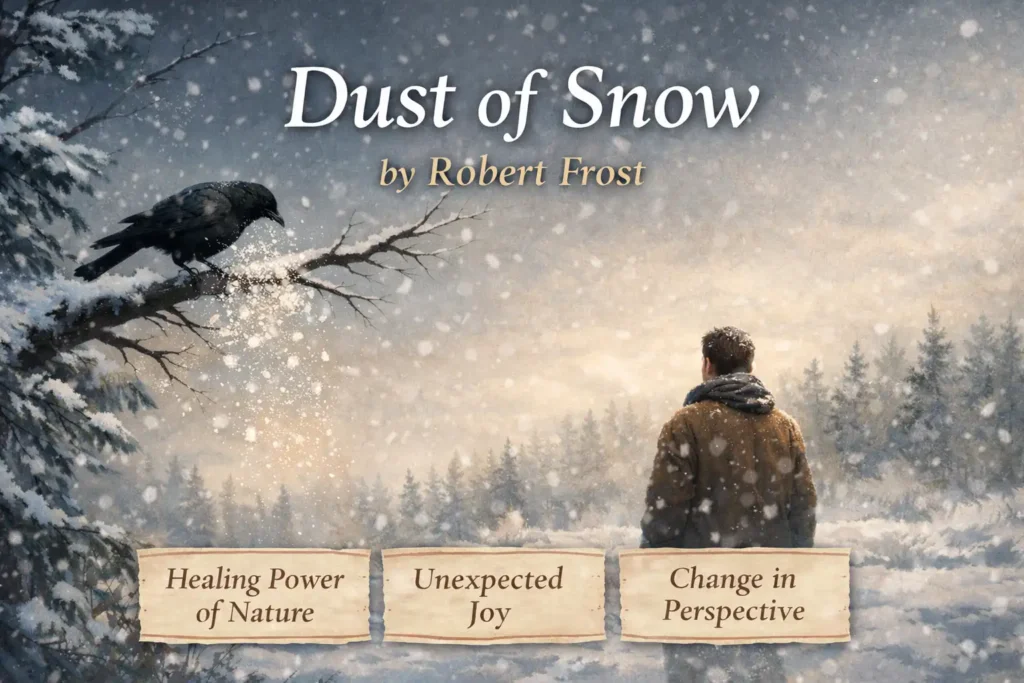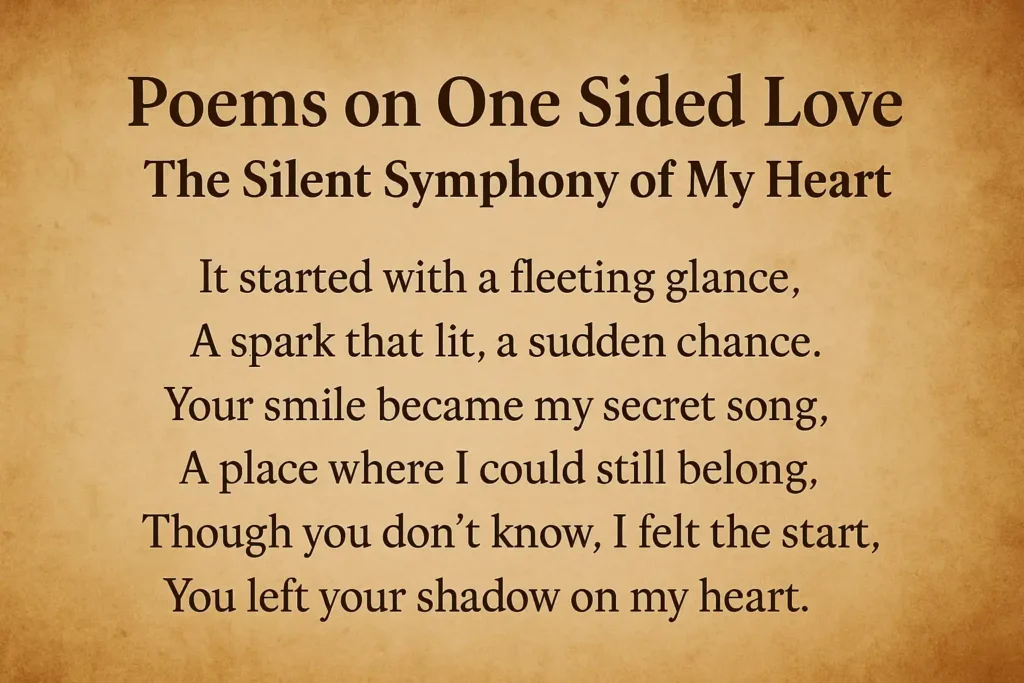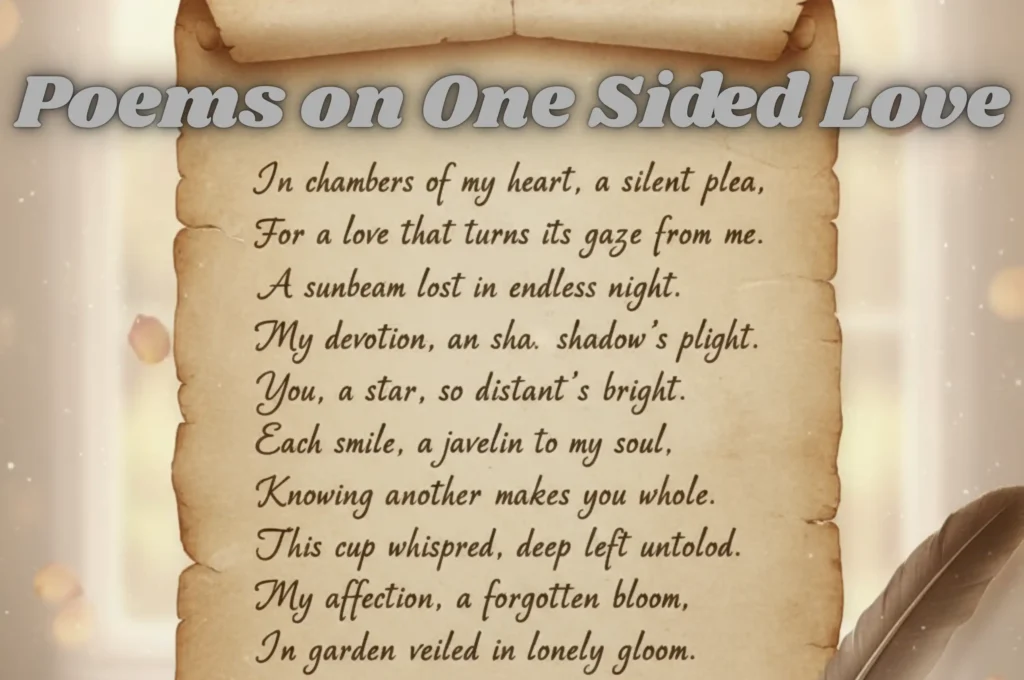Requiescat Poem by Oscar Wilde. “Requiescat” by Oscar Wilde is a poem that resonates with a strong emotional feeling, capturing the profound grief and longing experienced in the wake of loss. Written in memory of Wilde’s beloved sister Isola, who passed away at a young age, the poem is infused with a sense of deep sorrow and a yearning for solace.
From the opening lines, the poem evokes a poignant sense of reverence and solemnity, as Wilde implores others to “Tread lightly, she is near” and to honor the memory of the departed soul. This plea sets the tone for the rest of the poem, which unfolds as a heartfelt tribute to Isola’s memory and the enduring impact of her presence in Wilde’s life.
Meaning of Requiescat
“Requiescat” is a Latin word that translates to “may he/she rests” in English. It’s often used in the phrase “Requiescat in pace” (often abbreviated as “R.I.P.”), which means “may he/she rests in peace.” This phrase is commonly found on tombstones and is used as a respectful way to honor and remember someone who has died.
Table of Contents
The Lyrics of Requiescat by Oscar Wilde
Requiescat by Oscar Wilde
Tread lightly, she is near
~ Requiescat Poem by Oscar Wilde
Under the snow,
Speak gently, she can hear
The daisies grow.
All her bright golden hair
Tarnished with rust,
She that was young and fair
Fallen to dust.
Lily-like, white as snow,
She hardly knew
She was a woman, so
Sweetly she grew.
Coffin-board, heavy stone,
Lie on her breast,
I vex my heart alone
She is at rest.
Peace, Peace, she cannot hear
Lyre or sonnet,
All my life’s buried here,
Heap earth upon it.
requiescat oscar wilde meaning
Tread lightly, she is near
~ Requiescat Poem by Oscar Wilde
Under the snow,
Speak gently, she can hear
The daisies grow.
“Requiescat” is a heartfelt expression of Wilde’s sorrow and longing for his sister, as well as his desire for her to find peace in death.
These lines convey a sense of reverence and respect for the deceased, urging others to be mindful of their presence. The imagery of someone being “under the snow” suggests burial, while “the daisies grow” symbolizes the continuation of life and nature even after death.
In these lines from the poem by Oscar Wilde, the speaker is urging others to be respectful and mindful because someone dear is nearby. The mention of being “under the snow” suggests that the person has passed away and has been laid to rest, while the imagery of “the daisies grow” conveys the idea of life continuing and nature’s cycle persisting even in the presence of death.
So, in more human terms, these lines are a gentle reminder to approach the resting place of a loved one with care and reverence, acknowledging their presence in the tranquility of nature and recognizing that they are still a part of the world in some way, even though they have passed away.
All her bright golden hair
~ Requiescat Poem by Oscar Wilde
Tarnished with rust,
She that was young and fair
Fallen to dust.
In these lines the poet reflects on the physical transformation that has occurred to the subject of the poem, likely referring to the speaker’s deceased sister, Isola. The lines convey the passage of time and the inevitability of mortality.
The phrase “All her bright golden hair / Tarnished with rust” suggests a stark contrast between the subject’s former beauty and her current state. The use of “bright golden hair” evokes an image of youth, vitality, and radiance. However, the juxtaposition of “tarnished with rust” implies that this beauty has faded and been marred by the passage of time, symbolized by rust, which suggests decay and deterioration.
The next lines, “She that was young and fair / Fallen to dust,” further emphasize the theme of mortality and the transience of life. The subject, once youthful and attractive (“young and fair”), has now succumbed to death and returned to the earth (“fallen to dust”). This image evokes a sense of finality and inevitability, highlighting the impermanence of human existence.
Overall, these lines poignantly convey the speaker’s contemplation of mortality and the poignant reality of loss and decay. They serve as a reminder of the fleeting nature of life and the inevitable process of aging and death.
Lily-like, white as snow,
~ Requiescat Poem by Oscar Wilde
She hardly knew
She was a woman, so
Sweetly she grew.
In these lines from Oscar Wilde, he described the innocence and purity of the subject, likely referring to the speaker’s deceased sister, Isola.
When the speaker describes her as “Lily-like, white as snow,” they are evoking images of beauty, delicacy, and purity, comparing her to the pristine whiteness of lilies and snow. This imagery suggests that the subject possessed qualities of innocence and grace, akin to the natural beauty of these elements.
The next lines, “She hardly knew / She was a woman, so / Sweetly she grew,” convey a sense of the subject’s naivety and innocence. Despite her physical maturation (“She hardly knew / She was a woman”), she retained an innocence and sweetness that characterized her growth and development. This innocence is emphasized by the gentle, nurturing tone of the poem.
Overall, these lines celebrate the subject’s purity, innocence, and sweetness, portraying her as a delicate and ethereal figure. They capture the essence of her character and the impact of her presence on those around her, even in her untimely passing.
Coffin-board, heavy stone,
~ Requiescat Poem by Oscar Wilde
Lie on her breast,
I vex my heart alone
She is at rest.
In these lines the poet’s feelings of grief and longing for the deceased, likely referring to the speaker’s deceased sister, Isola.
The imagery of “coffin-board, heavy stone, / Lie on her breast” evokes the finality of death and burial. The mention of a coffin-board and heavy stone suggests the weight and permanence of the burial, as well as the sense of confinement and separation it brings. This imagery underscores the speaker’s deep sorrow and the physical absence of the deceased, emphasizing the sense of loss and longing they feel.
The next lines, “I vex my heart alone / She is at rest,” convey the speaker’s inner turmoil and struggle to come to terms with their grief. Despite their anguish and pain (“I vex my heart alone”), they find solace in the belief that the deceased is now at peace. This juxtaposition of personal grief and acceptance of the deceased’s rest highlights the complex emotions experienced by those left behind after a loss.
Overall, these lines capture the speaker’s profound sense of loss, as well as their attempt to find comfort in the knowledge that the deceased is no longer suffering. They convey the universal experience of grief and the bittersweet acceptance of death’s inevitability.
Peace, Peace, she cannot hear
~ Requiescat Poem by Oscar Wilde
Lyre or sonnet,
All my life’s buried here,
Heap earth upon it.
The repetition of “Peace, Peace” reflects the speaker’s desire for tranquility and serenity for the deceased. However, the following lines, “she cannot hear / Lyre or sonnet,” suggest that the deceased is now beyond the reach of any earthly sounds or expressions of affection. This underscores the finality of death and the speaker’s realization that the deceased is no longer able to experience or appreciate the beauty of life.
The final lines, “All my life’s buried here, / Heap earth upon it,” convey the speaker’s acceptance of the permanence of death and their willingness to let go of the past. By stating that “All my life’s buried here,” the speaker suggests that their entire world and sense of self were intimately connected to the deceased. The phrase “Heap earth upon it” serves as a metaphorical gesture of closure and acceptance, symbolizing the act of laying the deceased to rest and moving forward with life.
Overall, these lines capture the speaker’s acceptance of the finality of death and their willingness to let go of the past in order to find peace and closure. They convey the universal experience of grief and the process of coming to terms with loss and moving forward with life.
requiescat poem analysis
requiescat oscar wilde analysis
“Requiescat” by Oscar Wilde is a poignant poem that serves as a tribute to the poet’s sister, Isola, who passed away at a young age. Let’s analyze the poem stanza by stanza:
- “Tread lightly, she is near Under the snow, Speak gently, she can hear The daisies grow.”
In these opening lines, Wilde urges others to be gentle and respectful because the departed soul is nearby. The image of someone being “under the snow” suggests burial, while “the daisies grow” symbolizes the continuation of life even in the presence of death.
- “All her bright golden hair Tarnished with rust, She that was young and fair Fallen to dust.”
Here, Wilde reflects on the physical transformation of the deceased, likely his sister. The contrast between her former beauty and her current state emphasizes the inevitability of mortality and the fleeting nature of life.
- “Lily-like, white as snow, She hardly knew She was a woman, so Sweetly she grew.”
These lines evoke the innocence and purity of the subject, celebrating her growth and development with delicate imagery. The speaker reminisces about her innocence and sweetness as she grew up.
- “Coffin-board, heavy stone, Lie on her breast, I vex my heart alone She is at rest.”
In these lines, Wilde grapples with his own grief and acceptance of the deceased’s rest. The imagery of burial conveys the finality of death, while the speaker finds solace in the belief that the deceased is now at peace, despite their own inner turmoil.
- “Peace, Peace, she cannot hear Lyre or sonnet, All my life’s buried here, Heap earth upon it.”
The final stanza expresses the speaker’s resignation and acceptance of death. They acknowledge that the deceased can no longer hear or appreciate earthly sounds or expressions of affection. The phrase “All my life’s buried here” suggests the deep connection between the speaker and the deceased, while “Heap earth upon it” symbolizes closure and acceptance.
Overall, “Requiescat” is a deeply personal and emotive poem that explores themes of grief, acceptance, and the transient nature of life. Through vivid imagery and poignant language, Wilde pays tribute to his sister while grappling with his own feelings of loss and longing.
My Personal Experience with the poem “requiescat”
Requiescat Poem by Oscar Wilde
While reading the poem I felt the deep emotions. In our everyday life, we love, we hate, and have many emotions with people around us. However, the feelings that Oscar Wilde has written in his words are actually within all of us. It is somewhere hidden, or we do not want to bring these emotions. We have similar feelings for people around us and most of us have gone through this situation in our lives.
In this poem, the poet is describing his feelings to her dead sister, it might be possible that he wrote a poem when she was alive. But the poem “Requiescat” cannot be read or heard by his dead sister. So, if you have got a brother or a sister, or anyone who you love and have not expressed your true feelings to them, this is the time. Go ahead and express. When time is gone, they will not be there to listen it.
The Requiescat Poem by Oscar Wilde is a deep emotion, and, in few lines, this poem will make you understand the feelings when someone loved one is dead and gone from your life.



















